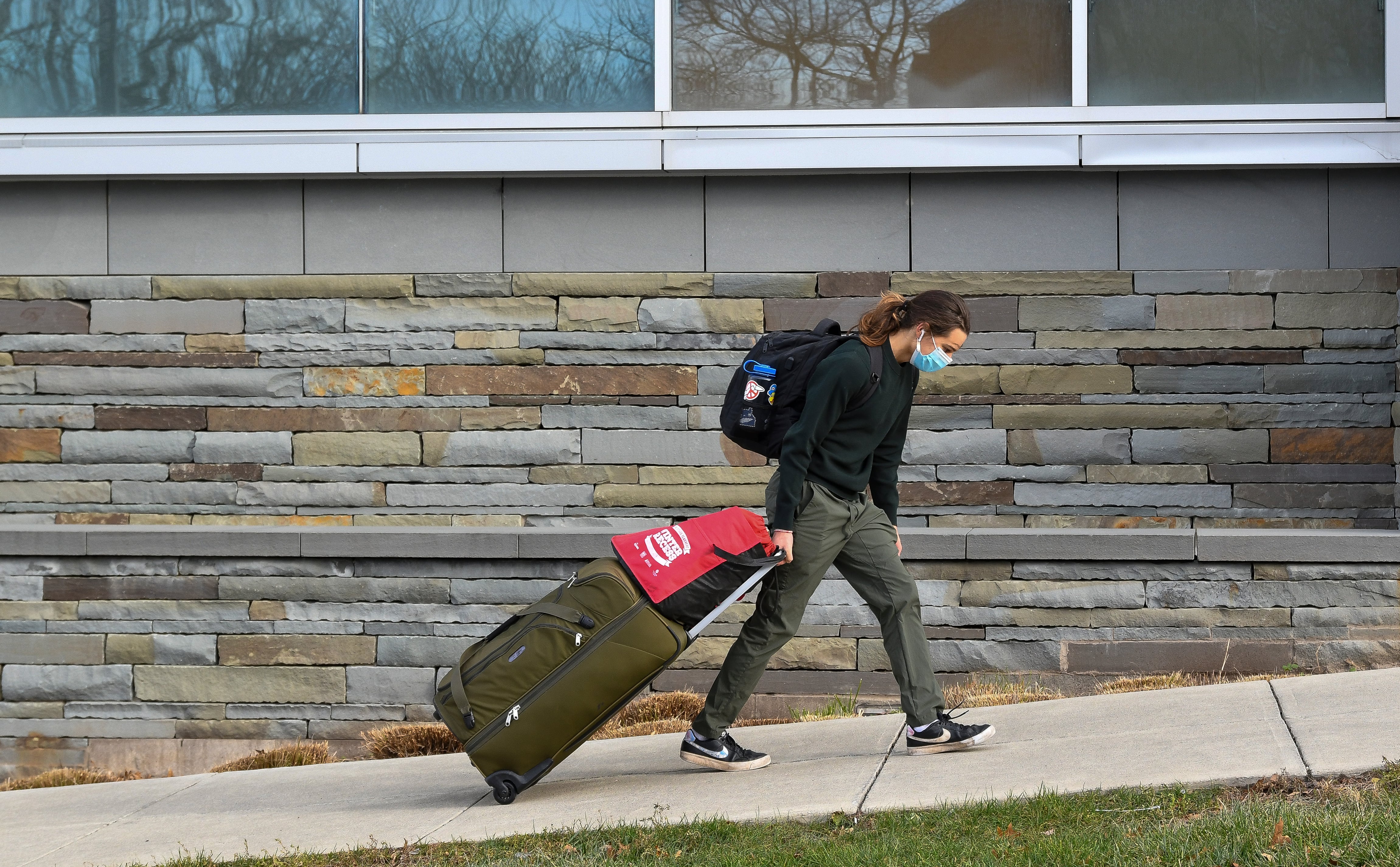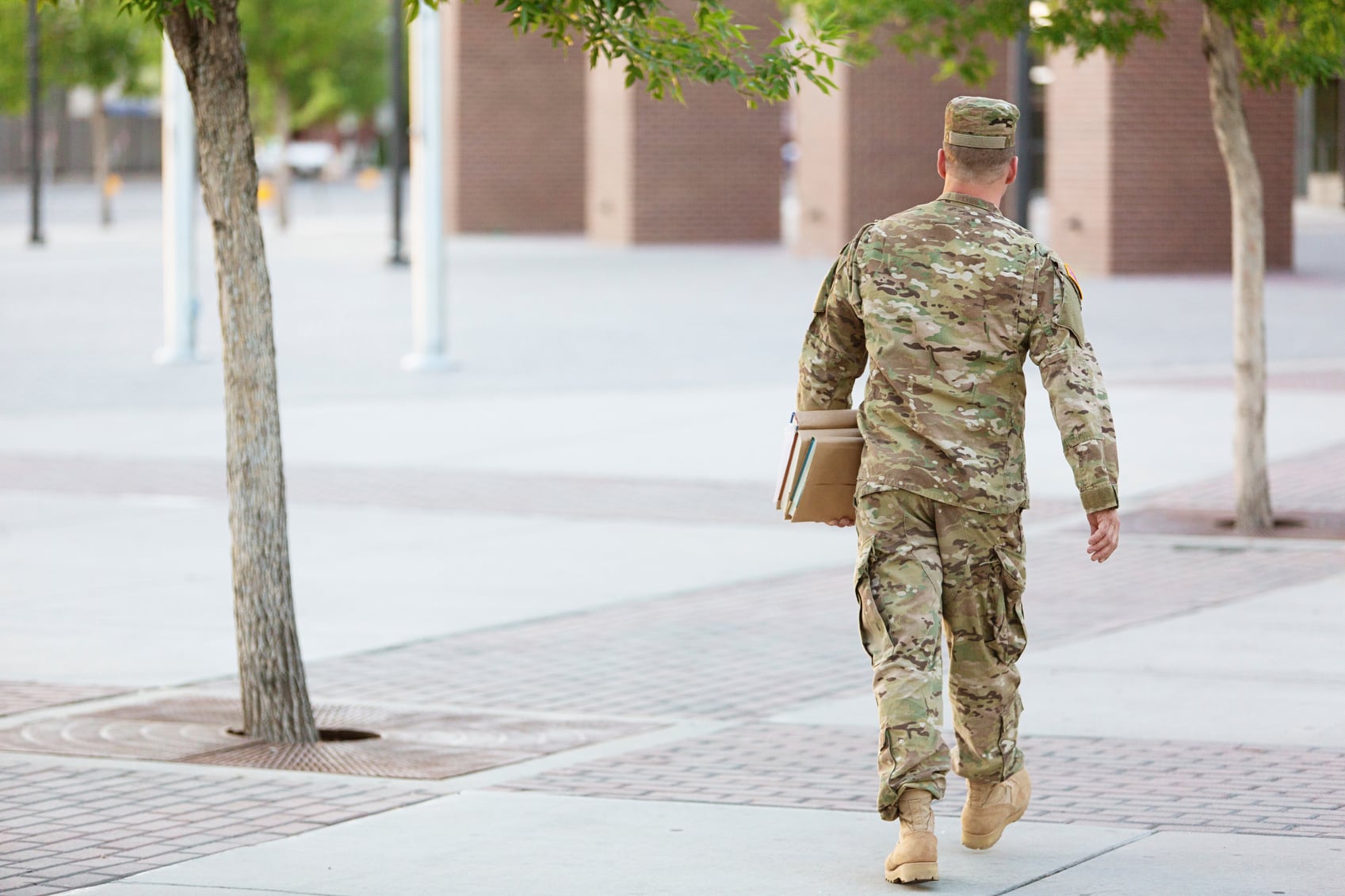Students attending classes at colleges with non-traditional semesters could lose out on thousands of dollars in GI Bill payments without fixes to how Veterans Affairs processes their education benefits, the department’s inspector general cautioned on Tuesday.
A new report released by the watchdog found that about 2,500 students were underpaid more than $624,000 during the 2020-2021 school year because of mistakes that could be fixed by upgrading the VA’s record system to accept automated updates regarding when institutions are in session.
“Overall, these errors occurred because VBA adjusts students’ education benefits using a manual process that is prone to errors,” the report states. “The students are receiving less housing support than they are entitled to and not enough days are being deducted from their benefit entitlement.
“These errors could significantly affect the students’ educational opportunities unless VBA takes steps to correct them.”
RELATED

The problem affects a small portion of the overall GI Bill benefits program. In fiscal 2020, the department paid nearly 658,000 students about $10.1 billion in education stipends.
However, the inspector general said the errors often cost students a month or more of housing stipends, creating the opportunity for significant financial harm for individuals reliant on that money for basic living expenses.
At issue is how Post-9/11 GI Bill benefits are computed for individuals attending classes at schools with non-standard terms.
While most college terms run roughly from August to December and January to May, other institutions may offer shorter terms with breaks in between, complicating how to calculate their days in session.
Those shorter sessions often mean fewer credit hours in a given term for students. But unless administrators and VA officials properly note the irregular schedule, that lighter load of classes can lead to individuals being classified as part-time students, resulting in a decrease in the benefits they are eligible to receive.
RELATED

The inspector general blamed the shortfalls on both incomplete reporting from schools and poor records keeping by VA.
To correct the first issue, officials called for better education of school officials on their responsibilities to report breaks between terms and ensure that irregular class schedules are being recorded properly.
On the VA side, however, the report calls for “development of the new automated system fields for vacation breaks to eliminate the need for manual processing” and limit basic mistakes that can halt students’ benefits.
Officials from the Veterans Benefits Administration said work is underway on that fix. Unfortunately, it won’t be complete until September 2023. Other improvements to address the problem will be implemented by the end of this summer.
The full report is available on the inspector general’s web site.
Leo covers Congress, Veterans Affairs and the White House for Military Times. He has covered Washington, D.C. since 2004, focusing on military personnel and veterans policies. His work has earned numerous honors, including a 2009 Polk award, a 2010 National Headliner Award, the IAVA Leadership in Journalism award and the VFW News Media award.
